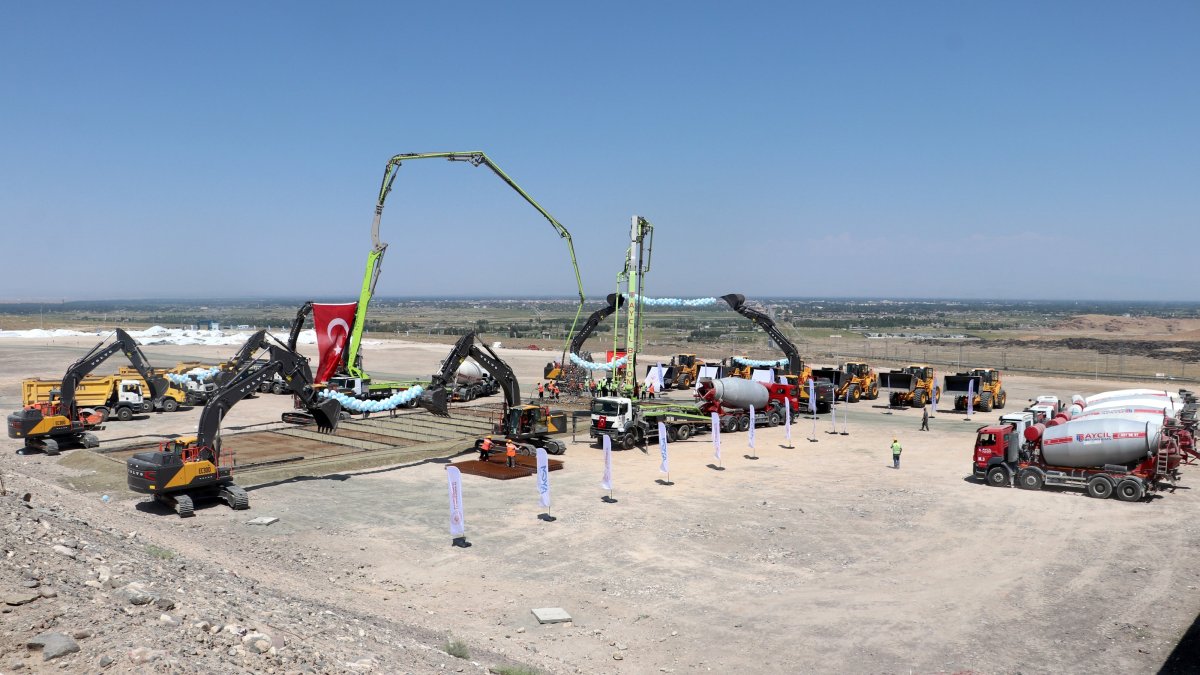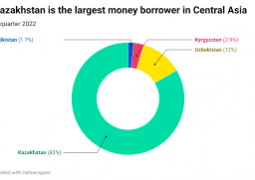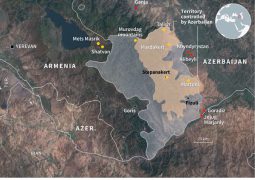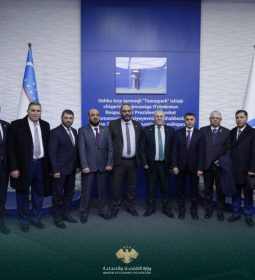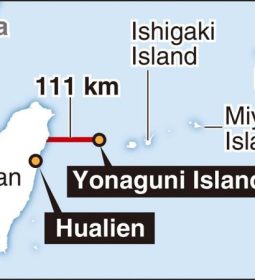Are Iran and Russia out of South Caucasus!? Turks start speedy construction of 140-mile railway to connect to Zangezur corridor.

Top Turkish builder, Kalyon Inşaat, is the main contractor behind a railway line that will serve as a new transport link between Türkiye and Azerbaijan and will connect Asia and Europe through the Southern Caucasus transit corridor.
Construction of the railway connection from Türkiye’s northeastern Kars province to Azerbaijan’s Nakhchivan exclave started on Friday, as Ankara moves to take advantage of a U.S.-brokered peace deal signed this month between Azerbaijan and Armenia.
The Kars-Iğdır-Aralık-Dilucu line will be part of the Southern Caucasus transit corridor, known as the Zangezur Corridor, to which the U.S. gained exclusive development rights. It is meant to boost economic ties between Azerbaijan and Armenia and boost energy exports.
Management and development of the so-called Trump Route for International Peace and Prosperity, which will run through southern Armenia and connect Azerbaijan’s mainland with the Nakhchivan enclave that borders Türkiye, was a stumbling block to initial peace efforts.
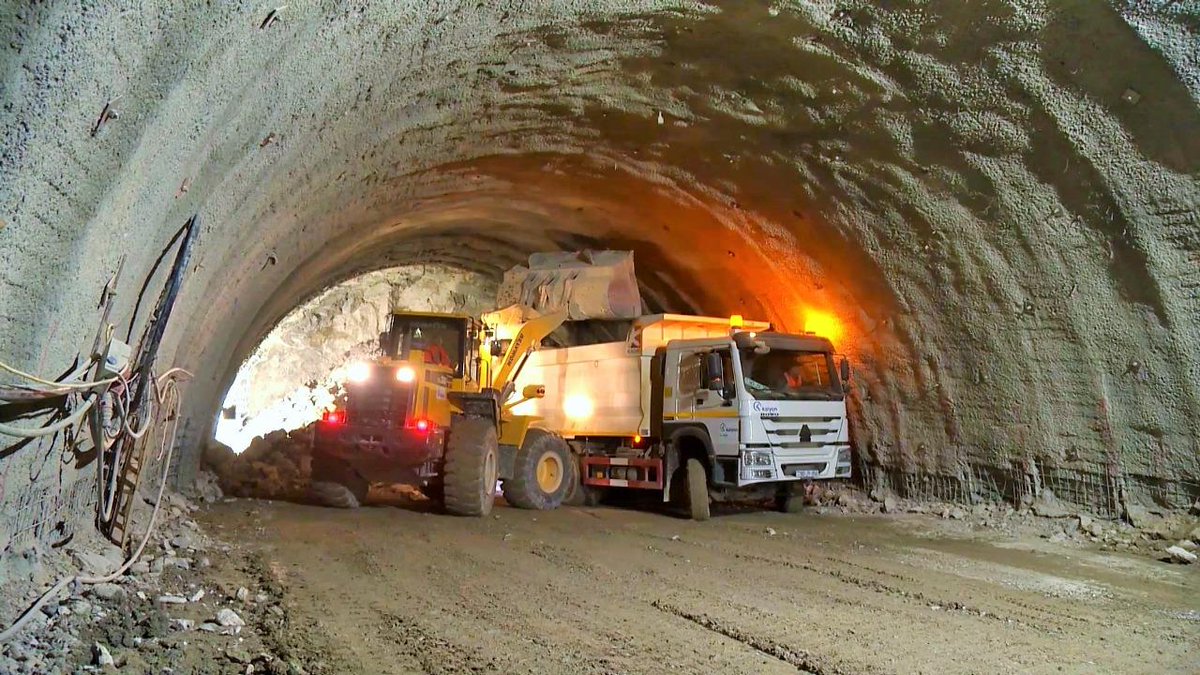
The 224-kilometer (140-mile) railway will connect Türkiye’s Dilucu border gate with Nakhchivan and its main railway line in neighboring Kars.
Kalyon Inşaat, a construction subsidiary of Kalyon Holding, says the double-track, electrified, and signaled line will be a vital part of the Zangezur Corridor, anchoring Türkiye’s east to international trade routes.
The line will feature seven stations – Subatan, Digor, Tuzluca, Iğdır, Karakoyunlu, Aralık and Dilucu – along with 480 culverts, 144 underpasses, 27 overpasses, 10 bridges, three viaducts, 19 cut-and-cover tunnels, five tunnels and six switch yards.
The route will begin around the 12th kilometer of the Kars-Tbilisi railway and end at the Dilucu border crossing with Nakhchivan, the company said in a statement on Tuesday.
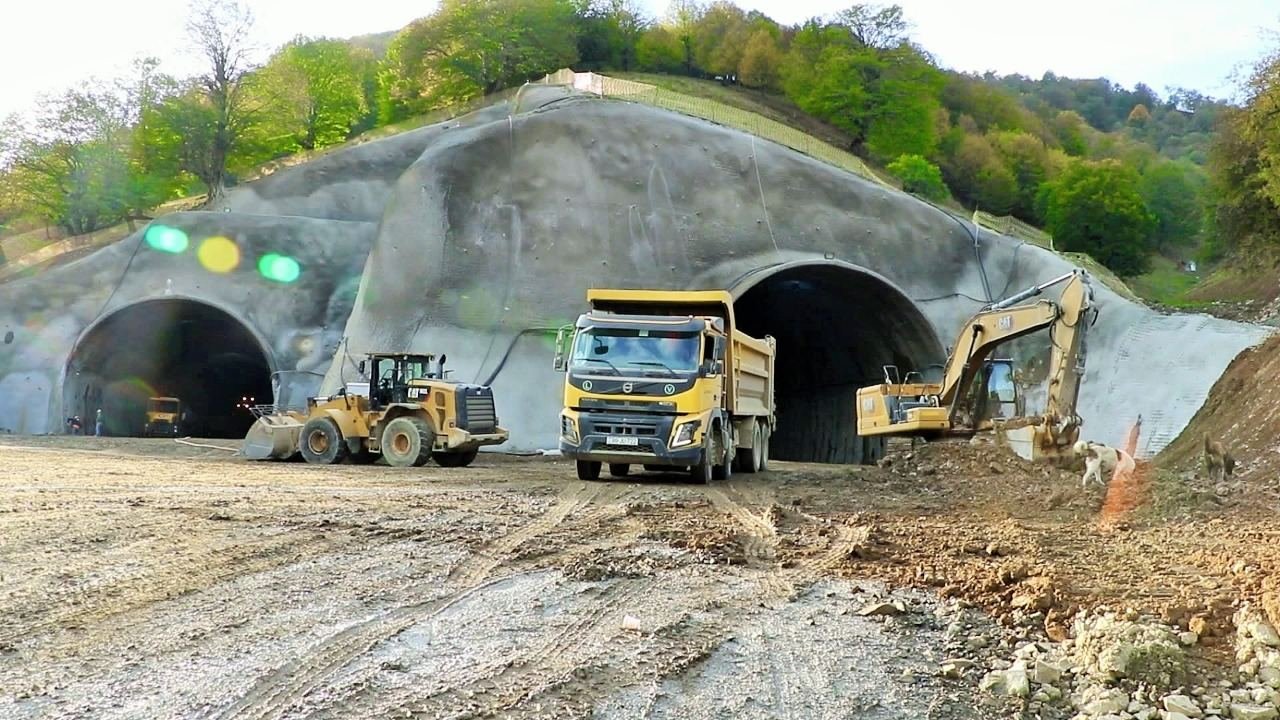
Once completed, the project is expected to reduce the current 18-day Asia-Europe transit time to just 12 days, significantly lowering logistics costs, it noted. With an annual capacity of 5.5 million passengers and 15 million tons of freight, the line is poised to function as a strategic logistics bridge between Central Asia and Europe.
Baku and Yerevan have been at odds since the late 1980s, when Karabakh, a mountainous Azerbaijani region, was illegally occupied by Armenia-backed armed separatists. Azerbaijan took back full control of the region in 2023, and some 100,000 Armenians in the enclave returned back to Armenia.
Peace negotiations had been underway for nearly two years, with no sign of progress, until the White House stepped in.

For Azerbaijan, a major producer of oil and gas, the Zangezur Corridor provides a more direct link to Türkiye and onward to Europe. In addition to a rail line, the route is expected to eventually include oil and gas pipelines and fiber optic lines.
Türkiye last month secured 2.4 billion euros ($2.8 billion) in green financing for the railway from a group of lenders including Japan’s MUFG Bank, Sweden’s EKN and Austria’s OeKB export credit agencies, and a unit of the Islamic Development Bank.

Kalyon said the railway is projected to create about 10,000 jobs while supporting regional industrialization, exports, and logistics, boosting socio-economic development in eastern Türkiye. It could also raise the share of rail transport in Türkiye’s foreign trade from below 1% to around 4%.
The project will help curb Türkiye’s freight costs, which the company says totaled $14.7 billion in 2024.
Kalyon says the line has been designed with environmental and social impact considerations and incorporates climate conditions, biodiversity, water and air quality, geology, and cultural heritage into its planning.
Running fully on electricity, it is expected to cut annual carbon emissions by around 500,000 tons compared to road transport. Electrified trains will also reduce nitrogen oxides, sulfur oxides and volatile organic compounds.
Kalyon Inşaat Chair Murathan Kalyoncu says the project will deliver not only a physical link but also foster economic cooperation and regional stability.
Kalyoncu noted that the company is also constructing 110.4 kilometers of railway and 104 kilometers of highway in Azerbaijan under the Zangezur Corridor initiative.
“These new transportation projects between Türkiye and Azerbaijan will serve as a strategic bridge connecting Türkiye with Nakhchivan and mainland Azerbaijan,” he noted.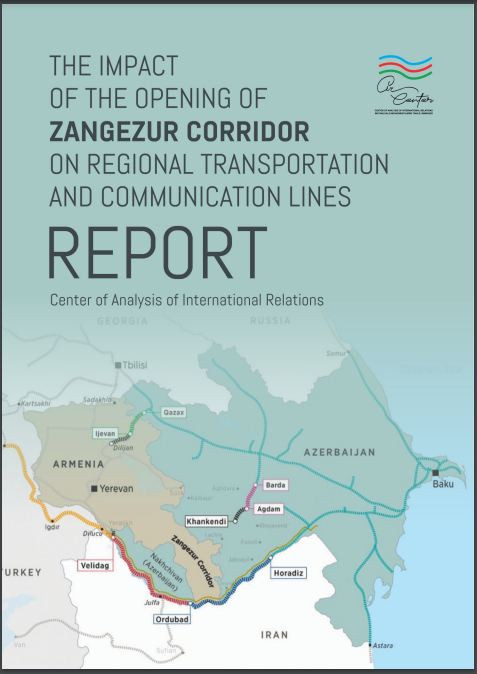
“Designed as signalized, electrified and double-tracked, the project will significantly increase transport capacity and reduce transit times. Compared to maritime routes, it will offer delivery times nearly twice as fast,” he added.
Once operational, the corridor will function as a “strong logistical bridge” between Central Asia and Europe, according to Kalyoncu.
Kalyoncu emphasized that environmental sustainability is a top priority.
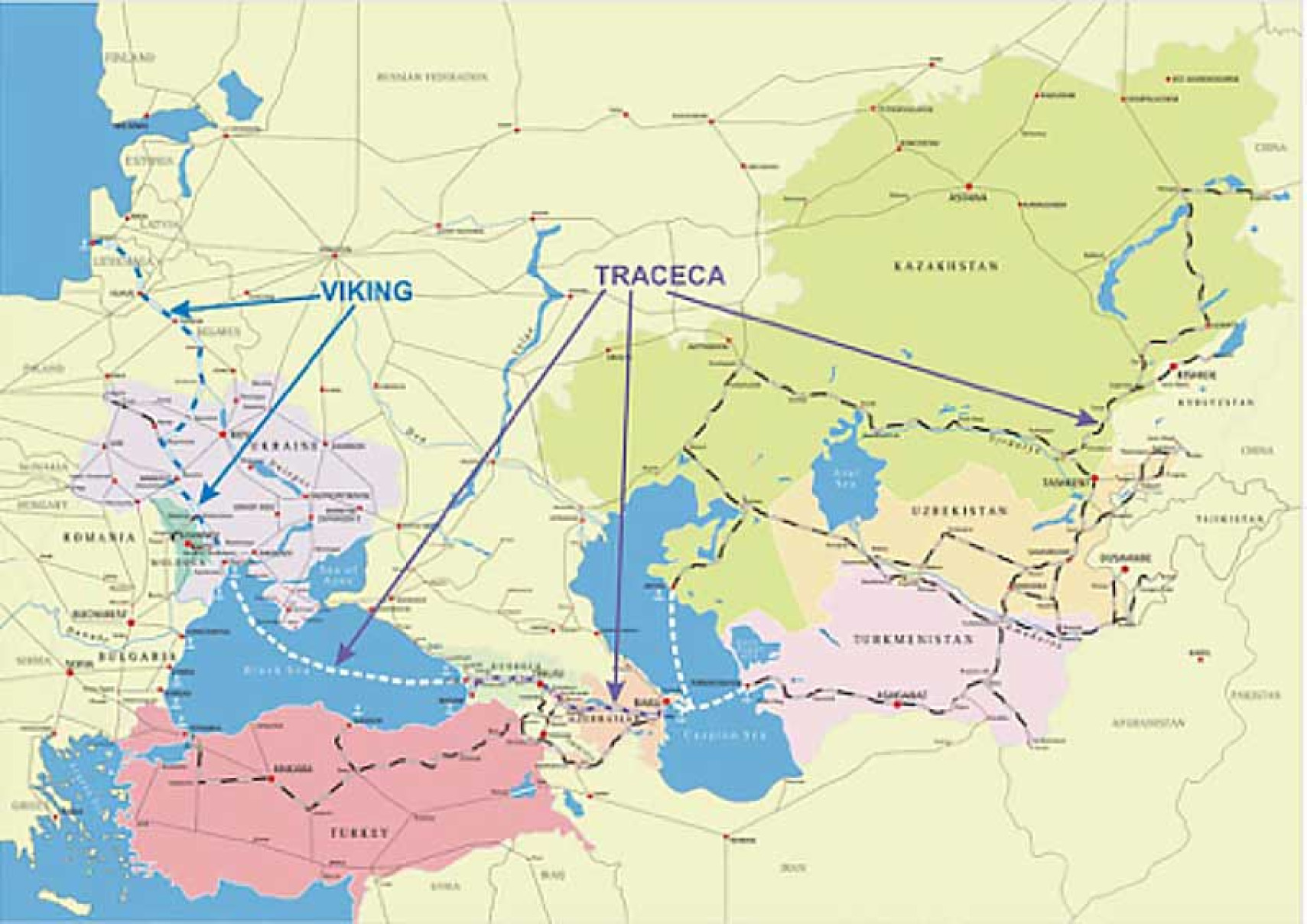
“With our project backed by 2.4 billion euros in green-designated international financing, we aim to minimize environmental impact through high energy efficiency. We will operate in full alignment with Türkiye’s climate commitments and the United Nations Sustainable Development Goals,” he said.
- Previous Bee-size drones developed by MIT in US:and China catched up already. With AI, where this could lead Humanity and could end? :(
- Next Indian latest missile test: nuclear-capable Agni-5 “could reach targets from Türkiye to China.”


